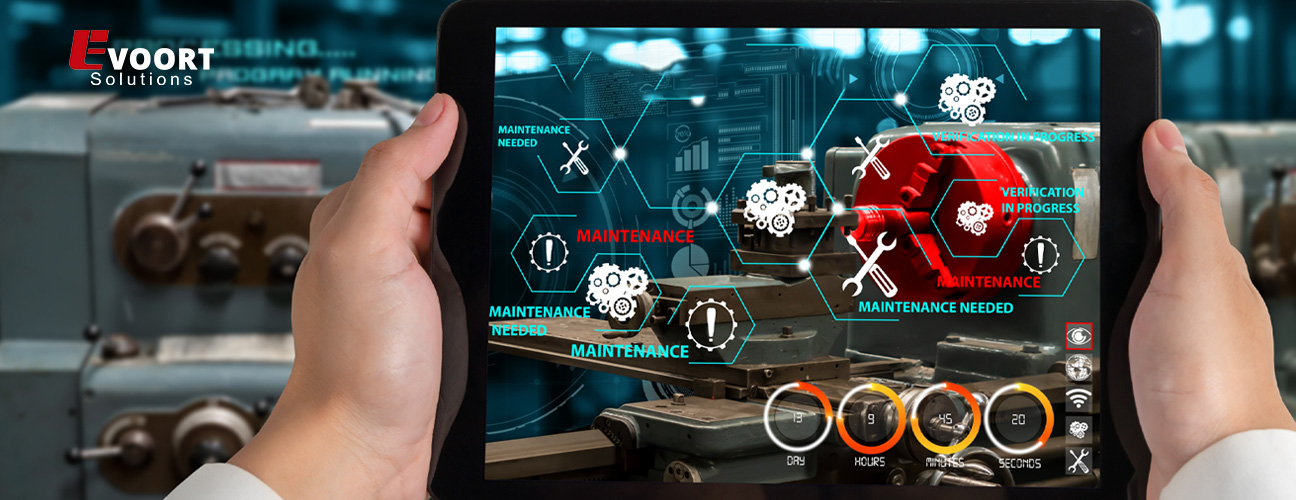
Using Remote Assistance to Revolutionize Industrial Operations
Table of Contents
The landscape of industrial operations is rapidly evolving with advancements in technology, and one such innovation making significant strides is the adoption of Remote Assistance platforms. In this article, we delve into how utilizing Remote Assistance can not only streamline processes but also reduce costs and enhance efficiency in industrial settings.
Current Challenges in Industrial Operations
Industrial enterprises face a myriad of challenges in their day-to-day operations, from outdated collaboration methods to cumbersome on-site support processes. Traditional approaches to resolving issues and maintaining equipment often lead to inefficiencies and costly downtime. Some of the key challenges include:
-
• Conventional methods of collaboration: Traditional means of communicating with frontline employees and field-force assistance teams are often cumbersome and time-consuming.
-
• Difficulty in providing on-site customer support: Service professionals find it challenging to interact with customers in person, leading to delays in problem resolution and inefficient machine operations.
-
• Time-consuming deployment of professionals: Even without travel restrictions, deploying professionals to remote locations can be a time-consuming process, resulting in bottlenecks and unscheduled idle time.
-
• Data collection inefficiencies: Cumbersome data collection procedures discourage field technicians from timely equipment maintenance, leading to potential breakdowns and disruptions in operations.
How Remote Assistance Addresses Industrial Challenges
In response to these challenges, the adoption of Augmented Reality (AR) Remote Assistance solutions emerges as a game-changer for industrial enterprises. These solutions offer real-time support and guidance, empowering organizations to overcome existing hurdles and unlock significant advantages in the following areas:
-
• Production: IoT solutions for manufacturing Remote Assistance platforms help manufacturers proactively address operational challenges, optimize equipment maintenance schedules, and streamline overall manufacturing operations.
-
• Services: By connecting field employees with industry specialists through video tutorials and real-time guidance, AR service applications enable faster issue resolution and improved service quality, ultimately enhancing customer satisfaction.
-
• Training: AR technology facilitates interactive training sessions for field staff, allowing them to acquire essential skills more efficiently and reducing both recruiting budgets and the learning curve associated with heavy machinery operation.
The Benefits of Industrial AR Remote Support
The adoption of Remote Assistance in industrial settings offers a plethora of benefits, including:
-
• Quick support: Immediate assistance can be provided to clients and staff, irrespective of their location or the device they are using, thereby minimizing downtime and improving operational efficiency.
-
• Cost reduction: Remote Assistance eliminates the need for extensive travel, reducing associated costs and enabling technicians to resolve issues swiftly with the guidance of experts.
-
• AR employee training: With Remote Assistance, training sessions can be conducted from anywhere, allowing supervisors to provide real-time guidance and support to new technicians, thereby enhancing skill acquisition and proficiency.
-
• Reduction in machine downtime: By facilitating remote access to equipment, technicians can swiftly diagnose and address issues, minimizing unplanned downtime and maximizing productivity.
-
• Quality assurance: Remote Assistance enables comprehensive safety assessments, ensuring compliance with regulations and enhancing overall equipment and operator safety.
Conclusion
The integration of Remote Assistance platforms revolutionizes industrial operations by offering real-time support, reducing costs, and enhancing productivity. Evoort Solutions as a digital transformation company, AR-based solutions emerge as indispensable tools for overcoming operational challenges and driving sustainable growth.
